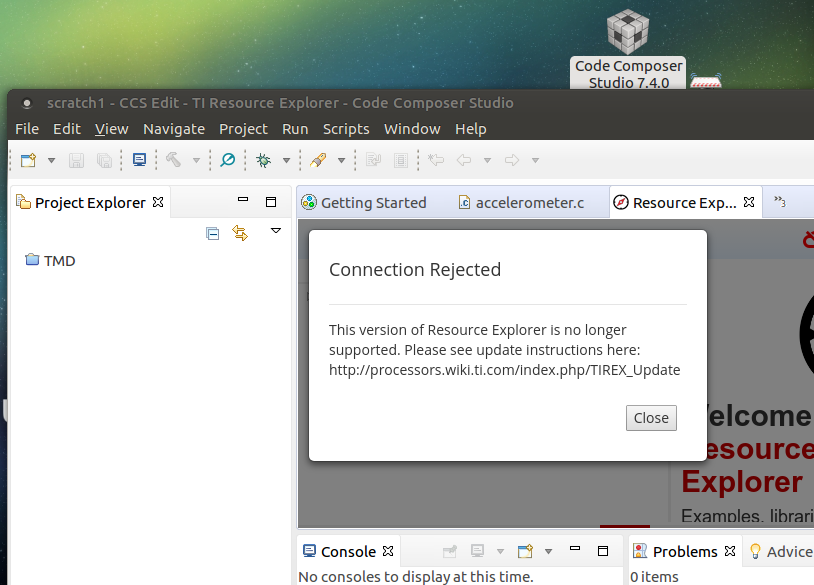Simplelink team,
A customer is transitioning from one SDK version to the other, and wants to be able to read in their application code which version is being built with a #IF statement. It would be ideal to be able to switch back and forth by just checking the box for the SDK version. Is there a defined symbol in the SDK to state which version of the SDK is being used for the build?
The goal is to do this without a Predefined Symbol in each project.
Thanks,
Darren


